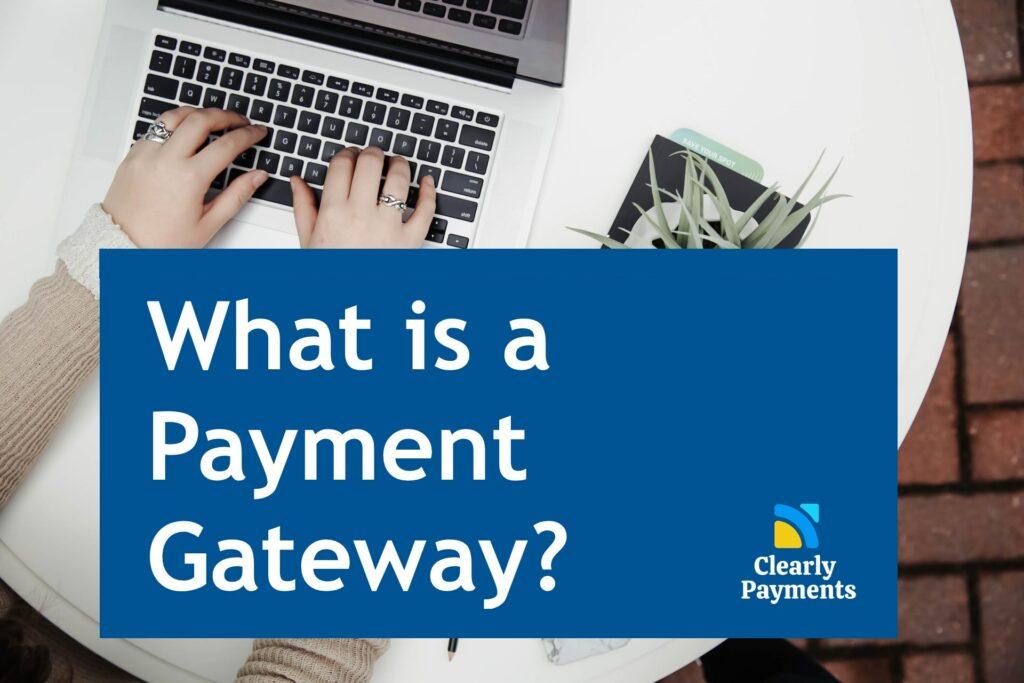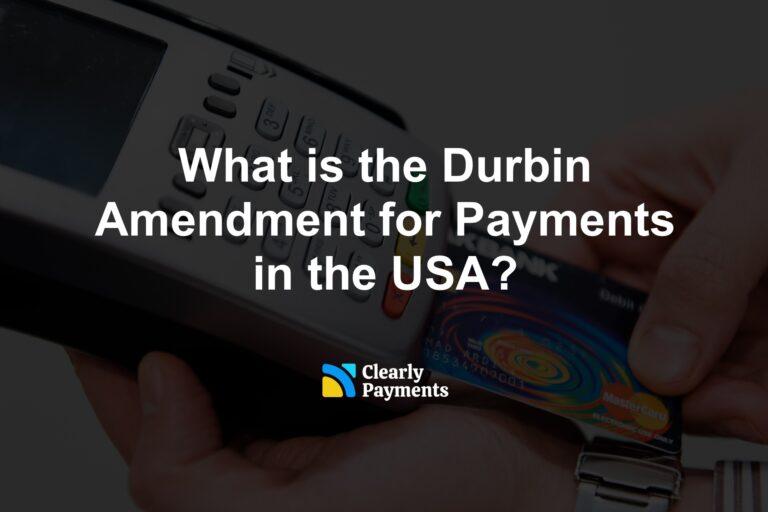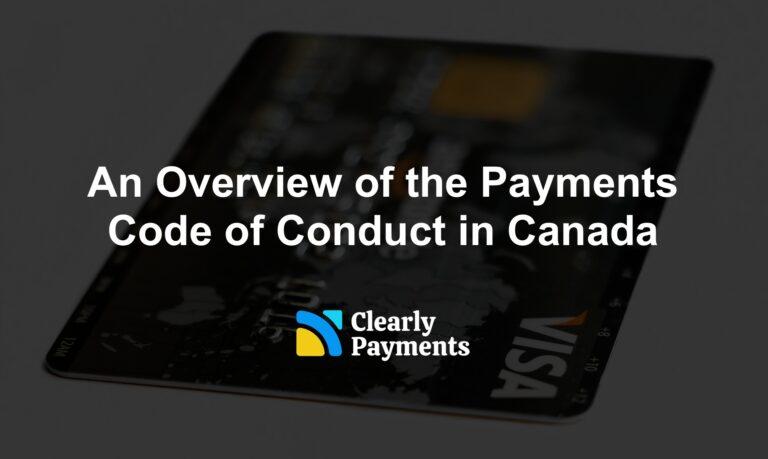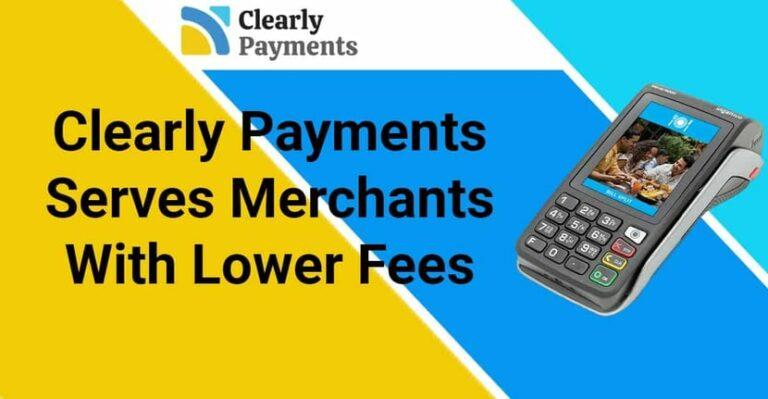Somewhere around 75% of adults shop online at least once per month. Shopping over the internet has grown into a big business. The internet is one of the main ways consumers engage with companies. Payment gateways are a part of that because they help people transact with businesses online.
The most basic description of a payment gateway is a software platform that integrates with your website or application to process credit card payments. It goes quite a bit deeper than that because there is a lot more functionality inside a payment gateway. This article will give you a complete overview on payment gateways.
Who uses a payment gateway?
Payment gateways are built for businesses that want to accept credit cards over the internet. Some of the top users of payment gateways are:
- Online stores and eCommerce websites
- Software as a service (SaaS) applications
- Mobile applications
- Memberships that have recurring billing
So far we have only talked about accepting credit cards with a payment gateway. Some payment gateways also accept other types of payments such as bank transfers (EFT/ACH), debit cards, and cryptocurrency.
What a payment gateway does
Payment gateways integrate with software, authorize transactions, transmit transaction information, and sometimes a host of other useful services.
Payment gateway integration capabilites
At its core, a payment gateway provides tools and access to let you integrate with a website, app, or other software. The integration capabilities include APIs (Application Programming Interfaces) so developers have full control of features: one-off transactions, recurring billing plans, authorizations, credit card and customer data storage, and more. A payment gateway may include multiple levels of integration from full developer control to wizards that less technical people may use.
Payment gateways authorize transactions
When a customer makes a purchase on your online store, the gateway communicates with the bank of the customer’s credit card (i.e. the issuing bank). The issuing bank will confirm the funds are available and the credit card is in good standing. This information is communicated back to the payment gateway to inform the online store on whether to let the customer know that the transaction was a success or declined. Behind the scene, your payment processing network, merchant acquirer, and the credit card brand are all involved in the transaction. All of this happens in a matter of seconds.
Payment gateways transmit transaction information
The payment gateway will record and transmit all the vital information that is included in a payment transaction and receipt. This means the transaction ID, batch number, batch date, company, itemized purchases, taxes, and payment information. This information is stored for your records and can be pulled for for future transactions such as refunds.
Other tools and services in payment gateways
Payment gateways sometime include other added-value services that are useful to businesses. Some examples of these services are a virtual terminal which is essentially a web-based point-of-sale (POS) system, an email invoicing tool, a recurring billing service, real-time reporting and analytics, and integration into other tools like accounting systems.
The cost of a payment gateway
Payment gateways are hosted software products. You can generally sign up online and point it to your merchant account. Alternatively, when you sign up for a merchant account, most merchant service providers include a payment gateway with the overall service. For example, TCM provides a payment gateway out-of-the-box that includes all the services like invoicing and a virtual terminal discussed above. If you prefer to use another gateway like Authorize.net, we integrate with that too.
The cost of a payment gateway generally includes a monthly fee and a transaction fee. In general, when you look at payment gateways on the market, you will see the monthly fee is roughly $10 to $25 per month, plus a $0.05 to $0.25 fee per transaction.
How to get a payment gateway
There is no shortage of payment gateways out there. There are actually thousands of them. The most common path for a business to get a payment gateway is to use the one included by your merchant account provider. If you use a payment aggregator, like Stripe or PayPal, you don’t get a merchant account but get to use their payment gateway as part of the package.
When you sign up for a merchant account with TCM, you get a world-class payment gateway bundled within the service that includes all the integrations and value-added tools. If you use a 3rd party gateway and just want to use the TCM merchant account, we probably integrate with that too.




